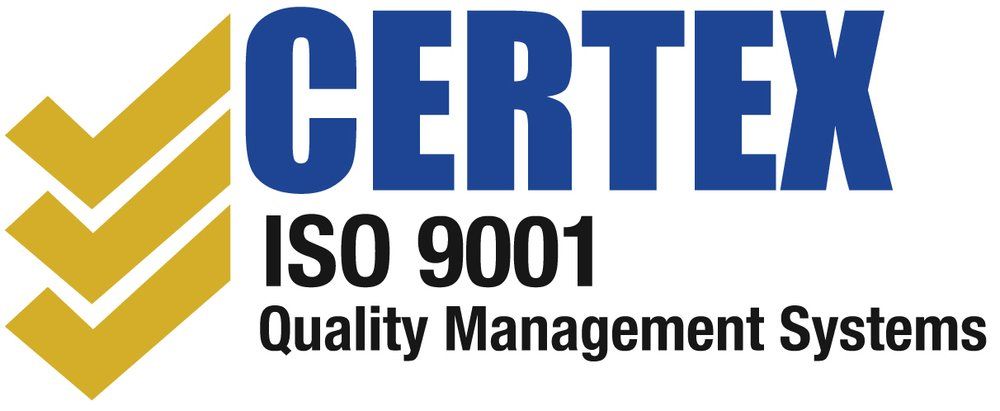Australia’s 2025–26 Budget: What It Means for Agency Healthcare Workers
If you’re an agency Nurse, Doctor, or Aged Care professional, the 2025–26 Federal Budget promises significant developments for you. The new funding allocations and policy changes aim to strengthen Medicare, enhance public hospital resources, and address skill shortages—creating more opportunities for flexible work. Below is a snapshot of how the Budget can affect your agency career.

1. Strengthening Medicare and Bulk Billing
What’s new?
The government plans to boost Medicare substantially and increase bulk billing rates, aiming for most GP appointments to be free at the point of service. This has the potential to raise the demand for primary care services nationwide.
Why it matters for agency workers:
- Growing Patient Volumes: When healthcare becomes more affordable, patient visits often rise—expanding the need for temporary or casual staff to fill in at clinics and GP practices.
- Skill Utilisation: Heightened focus on preventative care may present diverse settings—ranging from rural clinics to urban medical centres—where agency professionals can take on varied assignments and hone new skills.
Potential challenges:
- Balancing Quality and Quantity: Higher patient loads can stress existing systems, so agency personnel might find themselves working at a fast pace or in under-resourced settings. This can be tough, but also a chance to demonstrate adaptability and leadership.
2. Additional Public Hospital Funding & New Urgent Care Clinics
What’s new?
Hospitals receive extra funds to cut wait times. Plus, more Medicare Urgent Care Clinics will be set up across the country, aiming to reduce pressure on emergency departments.
Why it matters for agency workers:
- Flexible Shifts: This expansion often leads to new roles on short notice—ideal for professionals seeking casual or part-time arrangements.
- Wider Range of Assignments: Work could include short-term emergency cover, nursing staff relief in urgent care clinics, or short assignments to help manage surges in patient flow.
Potential challenges:
- Staffing Pressures: Even with extra funding, some facilities may struggle to recruit permanent staff. Agency professionals might face quick turnarounds or hectic environments. However, this also translates into a higher demand for reliable agency support, offering continuous opportunities.
3. Fairer Wages and Support for Aged Care Workers
What’s new?
Substantial budget allocations are geared towards fairer pay in aged care. Training and professional development initiatives—like scholarships—are included for nurses, midwives, and other health professionals.
Why it matters for agency workers:
- Competitive Rates: Improved wages in aged care can lead to better agency pay rates when picking up shifts in residential facilities or at-home care roles.
- Professional Growth: Additional education funding can help agency workers gain certifications, making them more versatile and in demand.
Potential challenges:
- Implementing Pay Rises: While pay improvements are planned, some providers may take time to adjust, so actual benefits could vary. Flexibility in choosing which facility or provider to work with helps agency staff secure fair compensation.
4. Cheaper Medicines & Enhanced Patient Access
What’s new?
From 2026, patients will pay less for PBS-listed medications, and an array of treatments will be newly listed. Public hospital resources are also set to climb, potentially improving overall care efficiency.
Why it matters for agency workers:
- Better Patient Outcomes: When medications are more affordable, patients can adhere to treatment plans more effectively. This generally leads to smoother, more proactive care environments.
- Shift Stability: With improved patient management, you may see more predictable (though still plentiful) shifts—especially if fewer patients end up in critical or emergency situations.
Potential challenges:
- Administrative Updates: Rolling out the new pricing may temporarily create confusion among providers and patients, requiring agency professionals to be patient communicators and quick on their feet.
5. Empowering Women’s Health Services
What’s new?
Additional funding goes towards specialised women’s health clinics and improved support for issues like endometriosis and menopause.
Why it matters for agency workers:
- Expanded Specialties: These targeted clinics and programmes open up new assignments for agency Nurses, Doctors, and allied professionals interested in women’s health.
- Opportunities to Upskill: You can choose to gain further expertise in this area, making yourself even more sought after for temp or locum roles.
Potential challenges:
- Service Scalability: Recruiting and training the workforce to support new and expanded clinics can take time. Agency workers who are flexible and well-prepared can step into gaps that arise as programmes scale up.
6. Overall Economic Outlook and Agency Growth
Beyond the direct healthcare measures, the Budget aims to improve cost-of-living conditions, support skills training, and drive broader economic recovery.
- More Demand for Agency Flexibility: With continued investment in healthcare, providers often rely on agency staff to respond to fluctuating patient numbers and employee leave.
- Potential for Rapid Shifts: While that can mean last-minute offers, it can also lead to consistent opportunities for those seeking varied experiences and better work-life balance.
Balancing Realism with Optimism: The Pros and Cons
- Pros
- Increased Funding: Hospitals, GP services, and aged care settings are likely to have greater need for short-term or casual staff.
- Higher & Fairer Wages: There’s a push toward more competitive rates that can trickle down to agency engagements.
- Broadened Career Horizons: New or expanded programmes (such as women’s health clinics) are looking for dedicated professionals, giving you a chance to specialise or add new skills.
- Workforce Gaps = Opportunities: Any shortfall in permanent staffing can translate into steady agency shifts.
- Cons
- Quick Turnaround Times: The growing pressure on facilities can result in fast-paced, last-minute scheduling, requiring strong adaptability.
- Resource Strain: Funding improvements don’t always roll out instantly, so some placements might feel under-supported if changes lag.
- Geographical Imbalances: Regional areas might especially need more agency workers, which is great if you’re open to travelling, but can be a challenge if you’re staying in the city.
Making the Most of These Changes
The 2025–26 Federal Budget’s commitments offer immense potential for healthcare professionals who thrive in dynamic, flexible settings. If you’re an agency Nurse, Doctor, or Aged Care worker, now might be a great time to explore new facilities, take on diverse assignments, or invest in additional training and certifications.
At Verus People, we specialise in connecting dedicated healthcare professionals to the right short-term or ongoing placements. Whether you’re seeking variety, better pay, or the chance to quickly expand your skill set, we can help you find a schedule and environment that align with your goals.
References
- 2025–26 Budget Speech by the Hon Dr Jim Chalmers MP, Treasurer of Australia
- Media Release by the Hon Mark Butler MP, Minister for Health and Aged Care
- News.com.au – “Federal Budget 2025: All the Winners and Losers Revealed”
For a more detailed look at the Budget’s healthcare initiatives and how to leverage them for a rewarding agency career, visit our blog or get in touch with the team at Verus People. Let’s work together to help you thrive in this evolving healthcare landscape.







